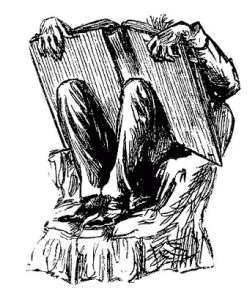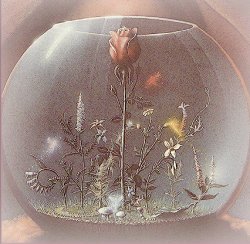
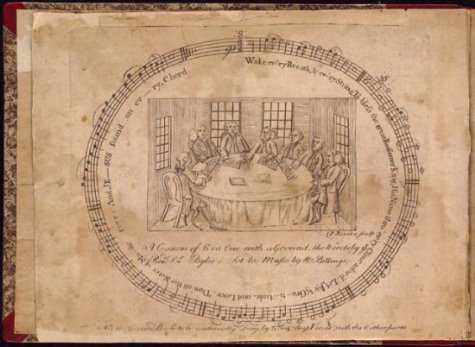
|
(Excerpts from an article on William Billings by John H. Lienhard, University of Houston) Billings was born in Boston in 1747. He was poor and uneducated -- he supported himself much of the time as a tanner. But he also took up music when he was young and was teaching choral singing by the age of 22. Biographers call him a gargoyle. He was blind in one eye with a short leg and a withered arm. But that's only the beginning. He practiced what a contemporary called "an uncommon negligence of person," and he was hopelessly addicted to tobacco -- constantly inhaling handfuls of snuff. That may explain why he only lived to the age of 54. He had a stentorian, tobacco-damaged bass voice and he seemed uninterested in any easy beauty of sound. At 24, Billings published his first book of choral pieces. He called it The New-England Psalm-Singer, and Paul Revere engraved the frontispiece for it. He published five more volumes and several pieces of sheet music. The New-England Psalm-Singer was the first book of American music. It began a tradition of musical grass-roots choral singing in America and Billings knew what he'd done. He delayed publication over a year -- until he could print it on paper made in the Colonies. No English imports for Billings. The book included his song Chester, which rivaled Yankee Doodle as an anthem of revolution:
Ben Franklin had said art would flow to the west -- to the new American Athens. What he got was Billings's grand idiosyncratic music -- no cultural continuity with anything. Billings's music emerged in the classical, rationalist age, with no trace of classical elegance. It's an artistic declaration of independence. To know Billings, one should do more than just hear him; one should sing him -- four-square, almost-medieval harmonies, elaborate fugues, experiments with dissonance that foreshadow Charles Ives. He plays musical jokes, praises God, and dances into the erotic wonder of the Song of Solomon. Then he turns around and leaves us with one of the most exquisite short canons we've ever heard,
The essential genius of America, and of Billings, was recognizing that full independence of Europe would eventually be gained only after we'd formed our own cultural roots. |
Perhaps it may be expected that I should say something concerning rules of composition; to those I answer that Nature is the best dictator, for not all the hard, dry, studied rules that ever was prescribed, will not enable any person to form an air.. It must be Nature, Nature who must lay the foundation. Nature must inspire the thought.. For my own part, as I don't think myself confined to any rules of composition, laid down by any that went before me, neither should I think (were I to pretend to lay down rules) that any one who came after me were in any ways obligated to adhere to them, any further than they should think proper; so in fact I think it best for every composer to be his own carver. Perhaps some may think that I mean and intend to throw Art entirely out of the question. I answer, by no means, for the more art is displayed, the more Nature is decorated. And in some sorts of composition there is dry study required, and art very requisite. For instance, in a fugue, where the parts come in after each other with the same notes, but even here, art is subservient to genius, for fancy goes first and strikes out the work roughly, and art comes after and polishes it over. Suppose a company of forty people, twenty of them should sing the bass, and the other twenty should be divided according to the discretion of the company into the upper parts. Six or seven voices should sing the ground bass, which sung together with the upper parts, is most majestic, and so exceeding grand as to cause the floor to tremble, as I myself have often experienced .. Much caution should also be used in singing a solo (sic); in my opinion 2 or 3 at most are enough to sing it well. It should be sung as an echo, in order to keep the hearers in agreeable suspense till all the parts join together in a full chorus, as sweet and strong as possible. The following image is a dedication written by William Billings in a volume of 3 of his collections given to an acquaintance, and a note by the recipient referencing the death of Billings:
|
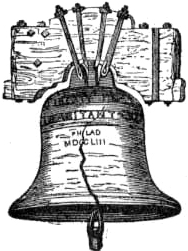 Excerpt
from an article published in The New England magazine. / (Volume
17, Issue 5, January 1895) by Francis H. Jenks Excerpt
from an article published in The New England magazine. / (Volume
17, Issue 5, January 1895) by Francis H. Jenks
"It was about 1770 that the Billings craze began. William Billings was a remarkable man in many respects; and the peculiar fever of which he was the cause was largely due to his strong personality. He stands in our musical history as he first self-taught native composer. A collection published at Philadelphia in 1761, entitled Urania, had furnished him with models for composition, and working from these he prepared a host of fugueing tunes, which through their very freshness, quickly commanded attention. Church music had acquired a dolefulness due to the slow pace that had become the fashion. Billings commanded liveliness, and his fugues favored greater animation than had seemed proper for the plain harmonies and steady rhythms of the older tunes. The head of the new school, a tanner by trade, was somewhat deformed with legs of different lengths, a slightly withered arm and a blind eye. He had a voice of tremendous power and a manner that brooked no opposition. There was no one to criticize his tunes or to controvert his theories, some of which were really shrewd and sound; and so long as he lived, which was until the century had nearly expired, he had hosts of followers."
That genuine old New England institution, the singing-school, began about 1720. It was the chief form of social intercourse shall we say society? In all the country villages; and in it psalmody, and gossip, and flirtation, we may well conceive, were learned together, or practiced without learning. Billings invented a new way of setting hymns and anthems, which was called the fuguing style. It became extremely popular because of its vivacity, the voice parts moving in a sort of mutual imitation (not fugue properly), in quick time, chasing one another round. O Mather! 0 Judge Sewall! The grave old heavy psalmody was startled and danced out of its sobriety. Here was a music that was found exciting; a lively rhythmical protest (for men had been drinking of the new wine of liberty) against the dry and dreary old music; a music flattering to the sense and a relief to the imprisoned spirit. Whether it appealed to any deep religious sentiment or
not, it set the singers in good humor, and responsive to
the exhortation that we make a joyful noise. Billings was
exceedingly prolific in this kind of composition, and had
imitators, some of whom out-heroded Herod in their ventures
on the sea of bold originality and native inspiration. His
music had a flavor of its own, and showed a certain rude
native talent and invention. Fugue it was not in any right
artistic sense; of all that he was ignorant. What a god-send
it would have been to him, what would he not have thought,
what possibly have done, had there, by any chance, fallen
into his hands some fugues or other compositions, some harmonized
chorals even, of Sebastian Bach or Handel! See how he rhapsodized,
in one of his spread-eagle prefaces, about his new music:
It has more than twenty times the power of the old slow tunes;
each part straining for mastery and victory, the audience
entertained and delighted, their minds surprisingly agitated
and extremely fluctuated; sometimes declaring for one part
and sometimes another. Now the solemn bass demands their
attention, next the manly tenor; now the lofty counter, now
the volatile treble. Now here, now there, now here again. Indeed, it seems to have been a sort of musical horse-race. But there was this gain at all events: music was at last listened to as music, and not alone as ritual; it was thought worth the while in itself; there was a chance that it might come to something really musical in course of time. It was essentially a secular reaction against plain, solemn psalmody; but all within the house of worship, the choristers, drunk with the new wine, setting themselves up on their own account to do their part in the public service; no strait jacket any longer, but a general sunburst, and a breaking loose of the imprisoned school-boys."
About the middle of the last century there was born a man
who may be called the father of church music in America,
the promoter of choirs and singing-schools, and destined
to become famous in his line, William Billings, a tanner
of Boston, odd in appearance, eccentric in speech and manner,
independent in thought and action, but with a soul filled Among the stanch friends and admirers of Billings were Samuel Adams and Dr. Pierce of Brookline. In the church choir these two men stood side by side with the old tanner, a trio of voice and patriotic fervor which one can imagine made the edifice ring with the words and music here given. Billings had a special fondness for anthems and fugues. Of the latter he says: "It has more than twenty times the power of the slow tunes, each straining for mastery and victory, the audience meanwhile entertained and delighted, the minds surpassingly agitated and extremely fluctuated, sometimes declaring for one part, and sometimes for another. Now the solemn bass demands the attention, next the manly tenor, now the lofty counter, now the volatile treble now here, now there, now here again." From Early Concert-life in America (1731-1800) An item of interest connected with the concert on Nov 9 1764 is this that tickets were also to be had at Mr Billings's shop near the Post office and possibly we have in this the earliest musical reference in the papers to William Billings tanner psalmodist and composer whose music was to exercise such a strange fascination over our people for thirty long years. (italics added) From Old Boston Days & Ways From the Dawn of the Revolution Until the Town Became a City .......... deformed in person blind in one eye untidy in dress with one leg shorter than the other. He is said to have chalked down his earliest compositions upon sides of leather in the shop where he worked. |
The Music of William Billings
|
|---|
Christmas Sheet Music Of William Billings
|
William Billings Sheet Music Collection
William Billings sheet music - 29 pieces -
|
These first 2 pieces are instrumental arrangements:
|
Other early American music collections you might be interested in:
The Music of Various
Colonial American ComposersThis page is a collection of 49 pieces of choral music by 14 colonial American composers who became known as "Yankee Tunesmiths". This collection contains some very unique music. We have included short biographies and information for each of the composers.
Folk Music In Colonial America
|
Early American music, |
The Original
American
|
From the 19th Century book "Early Concert-life in America (1731-1800)"
|
A1783 poster announcing a performance
of an Anthem composed by Billings..........
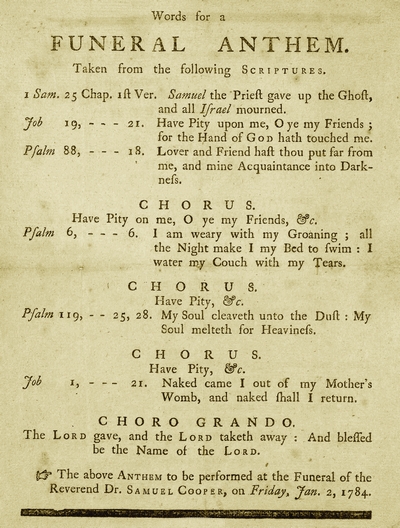
Lowell Mason & The "Better
Music" boys - Just in case you are wondering exactly why it is that our earliest American composers such as William Billings remain relatively unknown (even amongst many musicians, composers and music university graduates)...... go to our Lowell Mason & the "better music" boys page to find out. |
© 2013 - Amaranth
Publishing
|
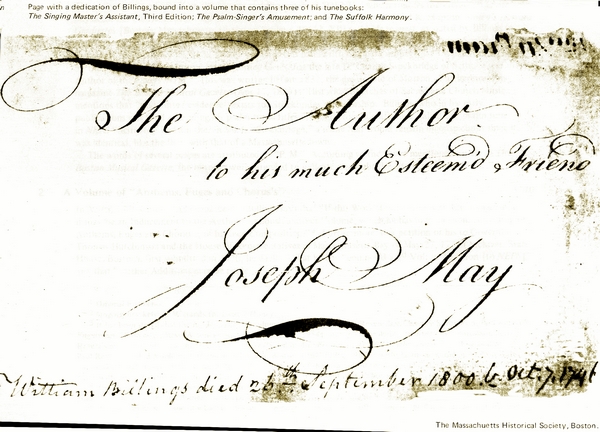
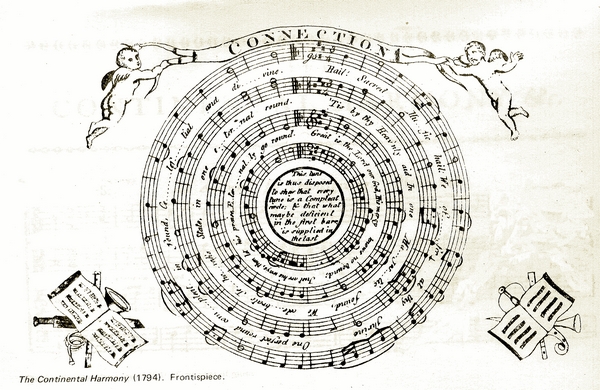
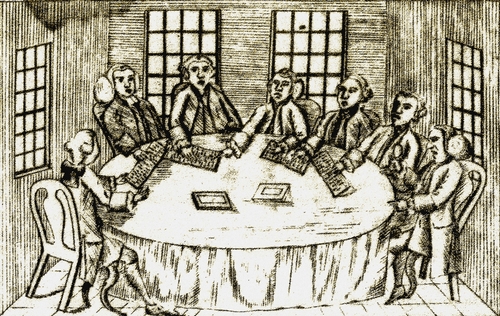
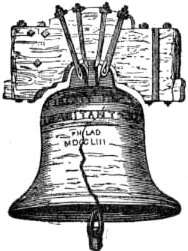
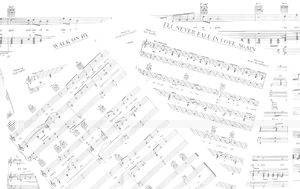
 Bethlehem
Bethlehem

 A collection of unique sheet music on American themes,
A collection of unique sheet music on American themes,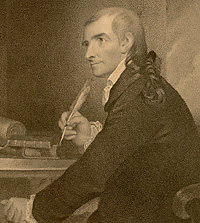

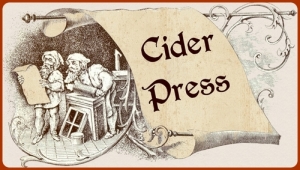
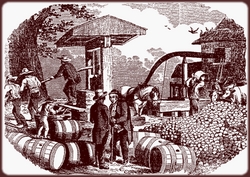
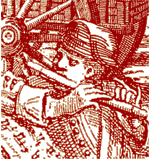
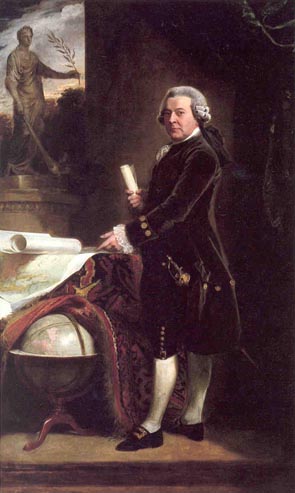 In the recent HBO miniseries about John Adams (pictured at left), in episode 1, there is a scene where the Boston patriots are meeting and at the end of the meeting, they sing a verse of the anthem Chester by William Billings. This may well be the first widespread recognition of the music of William Billings and the fact that Chester was the
In the recent HBO miniseries about John Adams (pictured at left), in episode 1, there is a scene where the Boston patriots are meeting and at the end of the meeting, they sing a verse of the anthem Chester by William Billings. This may well be the first widespread recognition of the music of William Billings and the fact that Chester was the 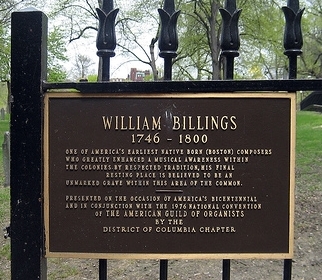
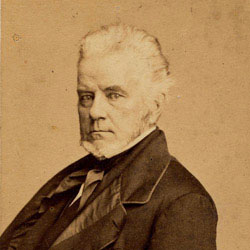
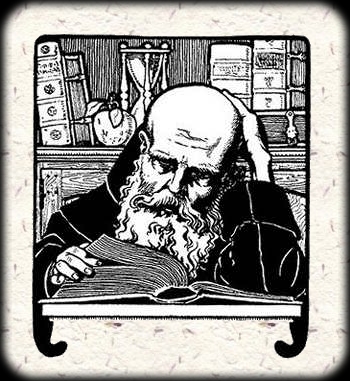
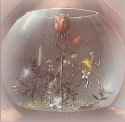 including
including 